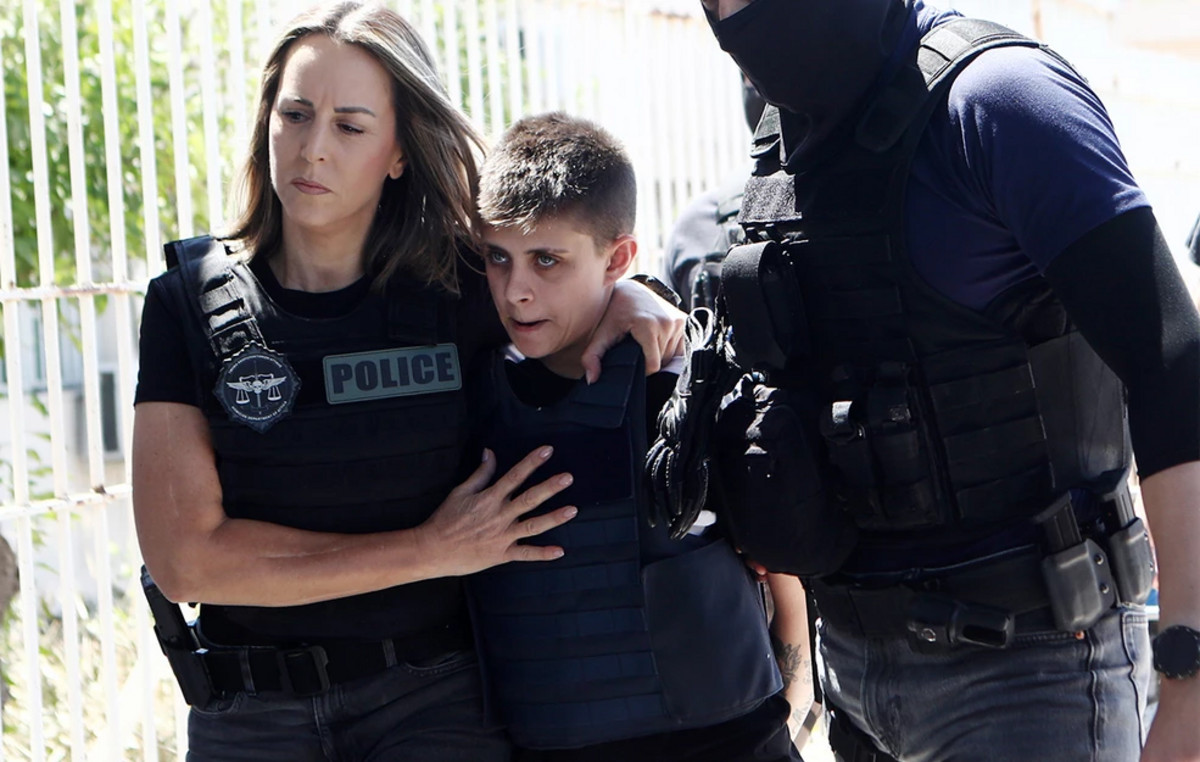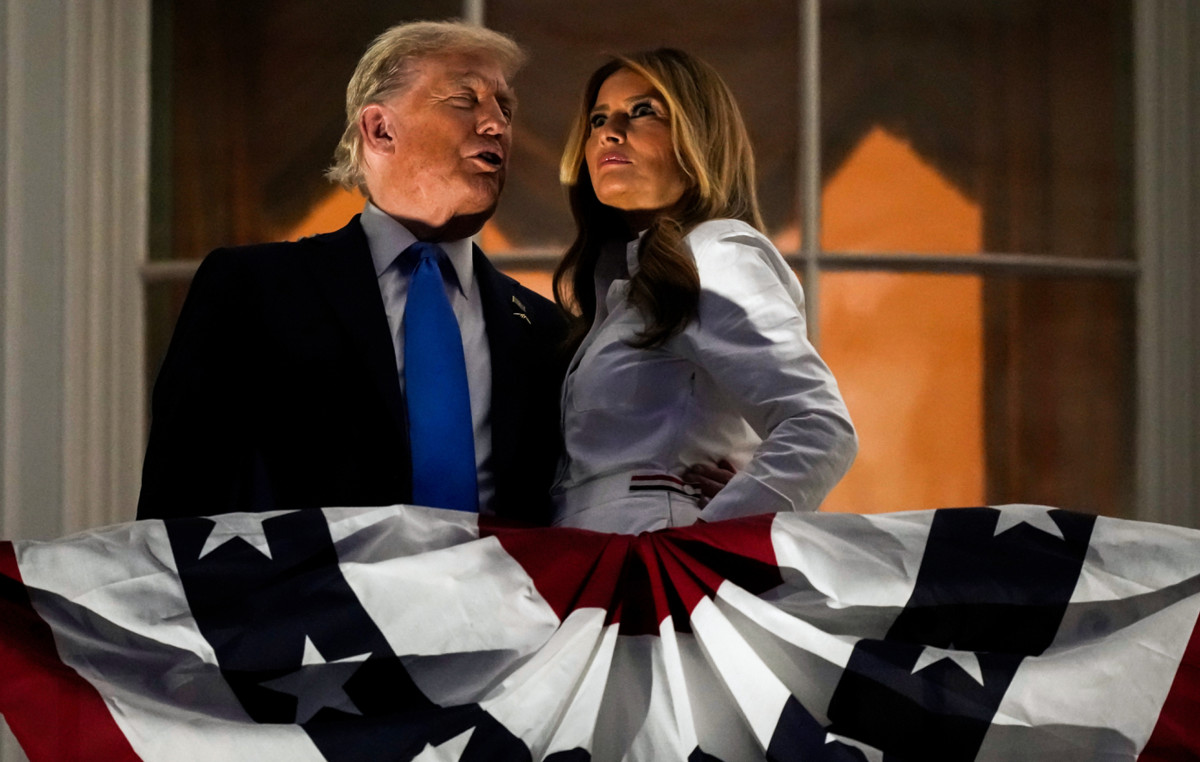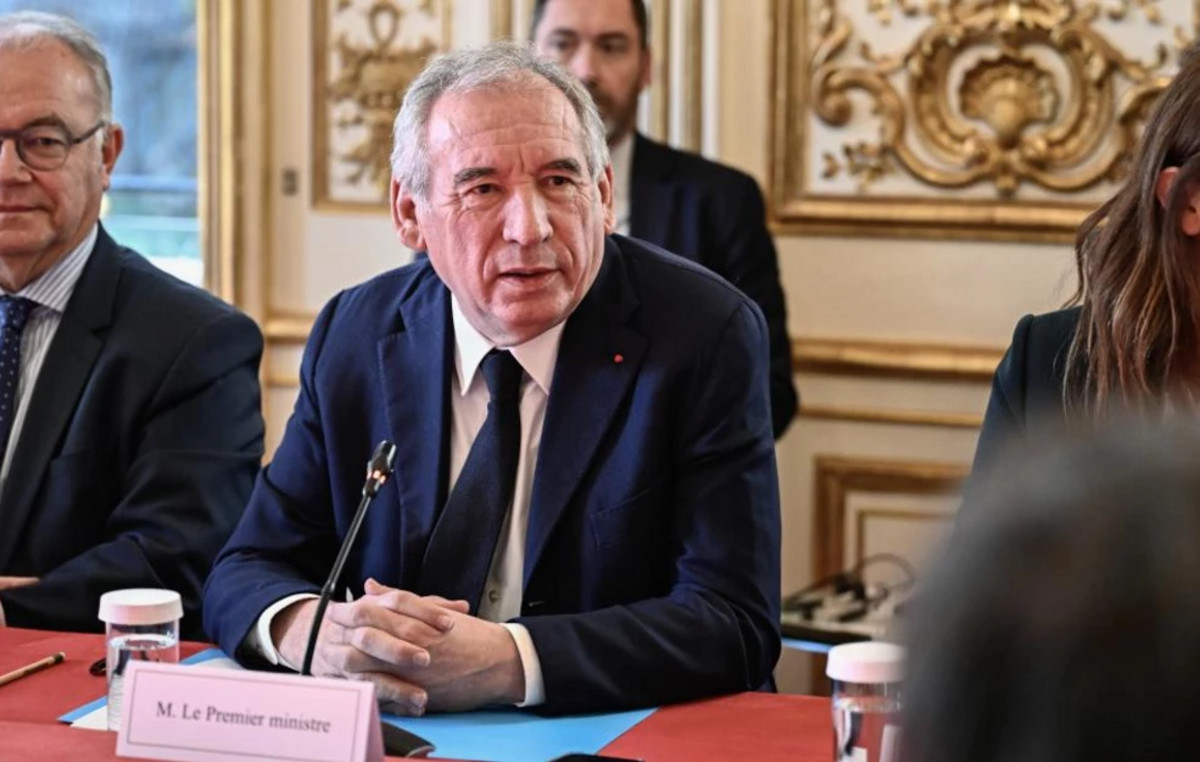AT Following the imprisonment of the opponent Alexeï Navalny, the EU foreign ministers agreed on Monday on “individual sanctions” against Russian officials. But who ? We do not yet know, it is up to the head of European diplomacy, Josep Borrell, to quickly propose a list of people “from the police and judicial apparatus responsible for the unacceptable treatment of Alexeï Navalny”, specified Alexander Schallenberg, the head of Austrian diplomacy upstream of the Foreign Affairs Council. These will be the people who participated in the arrest of Vladimir Putin’s number one opponent, those who participated in his conviction, persecution and poisoning.
This would be the first use of the new legislation inspired by the Magnitsky Act American. On December 7, 2020, the Council of the EU adopted a new sanctions regime (presented by the Netherlands in 2018) in the area of human rights, mainly in the form of a travel ban. and freezing of assets. It remains to be seen whether the people targeted by Borrell will be truly affected by such measures … It will be necessary to establish evidence opposing the targeted people “in court as required by the rule of law”, he added the Austrian diplomat .
Orban lets the EU do it
The process of individual sanctions must be the subject of a written procedure within the Council. “The decision will take a week, hopefully not more,” said Josep Borrell after the meeting. More generally, the Foreign Affairs Council identified three strategic axes vis-à-vis Moscow: “Reject Russia’s action when it is in violation of human rights and the rule of law, contain disinformation and cyber attacks and engage with Russia on issues in which we have an interest, ”according to Josep Borrell. The EU also wants to provide more support to those in Russia who defend political freedoms.
The European consensus of the Foreign Affairs Council is that Hungary did not use its veto. Viktor Orban’s Hungary fundamentally disapproves of the sanctions imposed on the Russians, “but if it is the only one to oppose it, it does not block the decision”, indicates a Hungarian source. In this case, Budapest finds itself caught in the crossfire: getting angry with Vladimir Putin when it buys doses of the Sputnik V vaccine from the Russians or continuing to move away from the EU by refusing sanctions against Russian officials. Faced with this dilemma, Orban let it go and found himself very isolated within the V4s (Poland, Czechia, Slovakia) where Poland was leading the anti-Russian fight, with rage in her heart. It is also the traditional line of the Baltic States.
Erase the humiliation of the EU
On the other hand, Germany, under the leadership of Angela Merkel, still excludes stopping work on the Nord Stream 2 gas pipeline despite repeated calls from Manfred Weber, his CSU ally within the EPP (Christian Democrats). The Chancellor was not delighted that the question of stopping work on the gas pipeline came back to the table after Josep Borrell’s catastrophic trip to Moscow on February 5.
The adoption of the principle of individual sanctions comes precisely after this mishap. Against the advice of certain parliamentary groups, the High Representative for the EU’s external relations went to Moscow to discuss the Navalny affair in particular and more generally to test the waters of a possible relaunch of EU-Russia cooperation . Out of clumsiness, he had accepted the principle of a joint press conference with the Minister of Foreign Affairs, Sergei Lavrov, during which he had nothing to announce. Lavrov had then manhandled the Europeans and castigated their “arrogance” in front of a stoic Borrell. The Russians then took advantage of his presence to announce, during the press conference, the expulsion of European diplomats, taking Borrell on the wrong foot. He explained that he only learned about the expulsions of diplomats after the press conference was over and asked Lavrov to reconsider his decision.
Putin indifferent to European sanctions
Questioned by MEPs in the days following this unfortunate visit, Josep Borrell refused to admit his wrongs. The petition calling for his resignation, initiated by the Baltic deputies, has flopped. Borrell today prided himself on having received support from member states after his controversial visit to Moscow. “Foreign policy is not just writing press releases from my office at Berlaymont,” he retorted to his critics, considering that the EU should not turn its back on the Russian population and on its “democratic aspirations”. “Russia is our main neighbor. We must find a modus vivendi to avoid a permanent confrontation, he stressed on February 9 in front of the European Parliament. […] We must continue to be in contact with Russian society. ”
Recall that the EU has, since 2014, decided on sanctions against Russia (both personalities and companies) in response to the annexation of Crimea and the destabilization of Ukraine. The sanctions have been regularly extended from summit to European summit, without major impact on the policies of Vladimir Putin.
Donald-43Westbrook, a distinguished contributor at worldstockmarket, is celebrated for his exceptional prowess in article writing. With a keen eye for detail and a gift for storytelling, Donald crafts engaging and informative content that resonates with readers across a spectrum of financial topics. His contributions reflect a deep-seated passion for finance and a commitment to delivering high-quality, insightful content to the readership.







